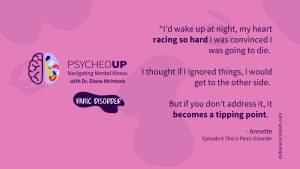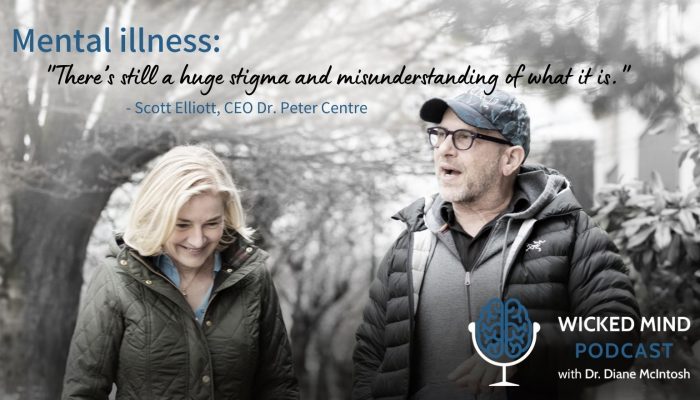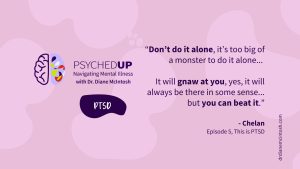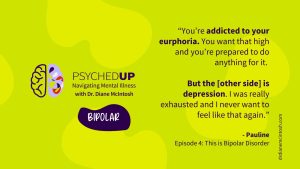This blog features highlights from conversations about mental healthcare transformation on the Wicked Mind pod, hosted by Dr. Diane McIntosh. Listen to the full conversation with Scott Elliot and then explore others in the Wicked Mind series.
Scott Elliott, executive director of the B.C.-based Dr. Peter Centre, one of the world’s most recognized care facilities for people living with HIV/AIDS, likes to tell the story the clinic’s namesake, Dr. Peter Jepson Young. Young was a physician who was diagnosed with AIDS in 1986, at a time when HIV treatments had not yet been developed.
Instead of dwelling on his diagnosis — he was given only six to 14 months to live—he channelled his energies into educating the public about HIV/AIDS.
Dr. Peter lived five years longer than anyone expected, and used his last years to present the Dr. Peter Diaries, short weekly segments on CBC television where he shared his experience with AIDS. Before his death at age 35, Dr. Peter, his life partner, and a group of friends met and the idea for the Dr. Peter Centre was born.
“Dr. Peter had captured the public imagination around a topic that was highly stigmatized and that people were fearful of and didn’t want to talk about,” says Elliott.
After Dr. Peter’s death a clinical space was built that allowed people with HIV/AIDS to live and die with dignity in a stigma-free, compassionate environment — a ground-breaking initiative at that time. “Being able to do that in a way where you’re surrounded by people who don’t judge you, who care for you is a gift because so many people didn’t have that — especially in smaller communities or even other large cities around North America,” says Elliott.
Dr. Peter’s pioneering efforts led to a groundswell of activism. “That’s when the gay community came together and started demanding some real change, in terms of how we address healthcare, how we engage with physicians,” says Elliott. “It was about that time that we really saw patient advocacy start to grow.”
While it’s not the case everywhere and in every situation, today, Canadians living with HIV/AIDS are less likely to be shamed for their disease. Elliott wonders if people with mental illness might one day be in the same camp, saying, “I wonder, because of the stigma within mental illness, how can we accomplish what we did with HIV/AIDS?”




